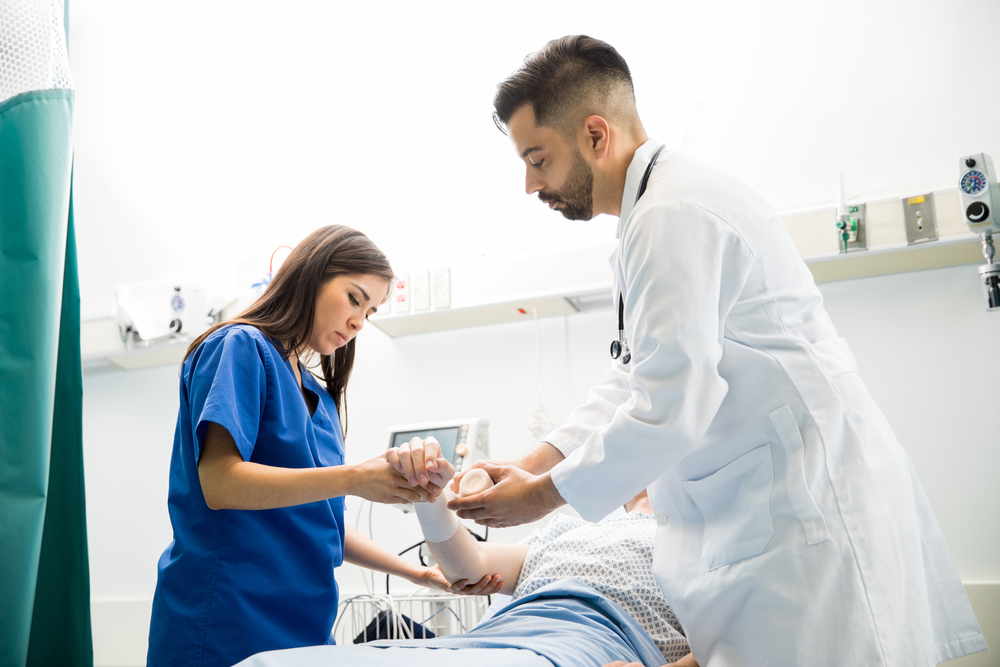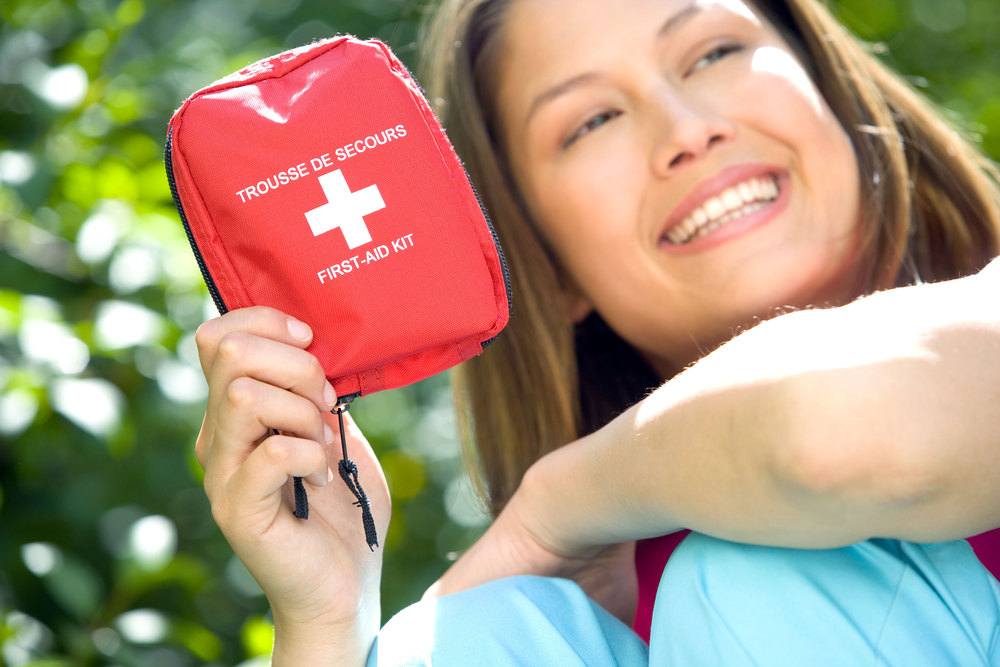Most of us will deal with many small cuts or scrapes in our life. These minor injuries are treated with topical disinfectant and a bandage. But serious wounds may require a visit to the doctor. Wounds are more easily infected by germs and bacteria because they provide a way in. A small scrape can quickly turn into a serious infection if left untreated.
Wounds that Require Medical Attention
Simple treatments are not enough for some wounds. It’s important that you monitor your wound for signs of change. If the skin around it becomes red and inflamed, that could be a sign of infection. Usually, a trip to your family medicine clinic will take care of everything. Not sure if you should see your doctor or not? Consider the following:
Deep, Jagged Wounds
Deep wounds that expose fat or muscle will likely require stitches. Uneven or jagged wounds may also require stitches in order to help them close properly. Remember that the deeper the wound, the further inside germs can reach. When in doubt, always air on the side of caution and see a doctor.
Wounds that You Cannot Close
When a wound cannot close, the risk of infection and scarring increases. You may try butterfly bandages for wound closure but practice common sense. If it’s gaping and doesn’t show signs of healing, see a doctor. If the wound is on your face, a doctor can treat it with minimal noticeable scarring.
Bleeding Won’t Stop
Bleeding is a natural response to puncture wounds. Bleeding happens as the result of trauma to a blood vessel and will usually slow and stop by itself. If you can’t stop the bleeding by applying pressure, or if the edges of the wound are significantly separated, you should see a doctor. Too much blood loss can cause dizziness, low blood pressure, and in bad cases, shock.
Bite Wounds
Animals and insect bites have two main dangers. The first is venom, the second is infection. Rattlesnakes and black widow spiders both carry deadly venom. The symptoms associated with venomous bites are noticeable right away. Other bites are less severe, but can still result in serious infection if you itch it too much. Bacteria from under your nails can infect the bite wound, resulting in redness, swelling and tenderness. In rare cases, a bite from a rabid animal could lead to the transmission of rabies, which is a viral disease.
Wound Management At Home
When treating a wound at home, watch for redness, swelling, and refusal to heal. Pain that increases along with drainage and heat at the wound site could indicate infection. If the wounded individual starts running a fever or becomes lethargic, contact a doctor immediately.
Nothing But the Best Care
If you’re not sure what to do, try calling your family doctor. Don’t wait for an infection to set in or serious illness to develop. With wound management, it’s always better to be safe than risk your health and wellness.
To learn more about wound management or to schedule an appointment, Contact Us.




